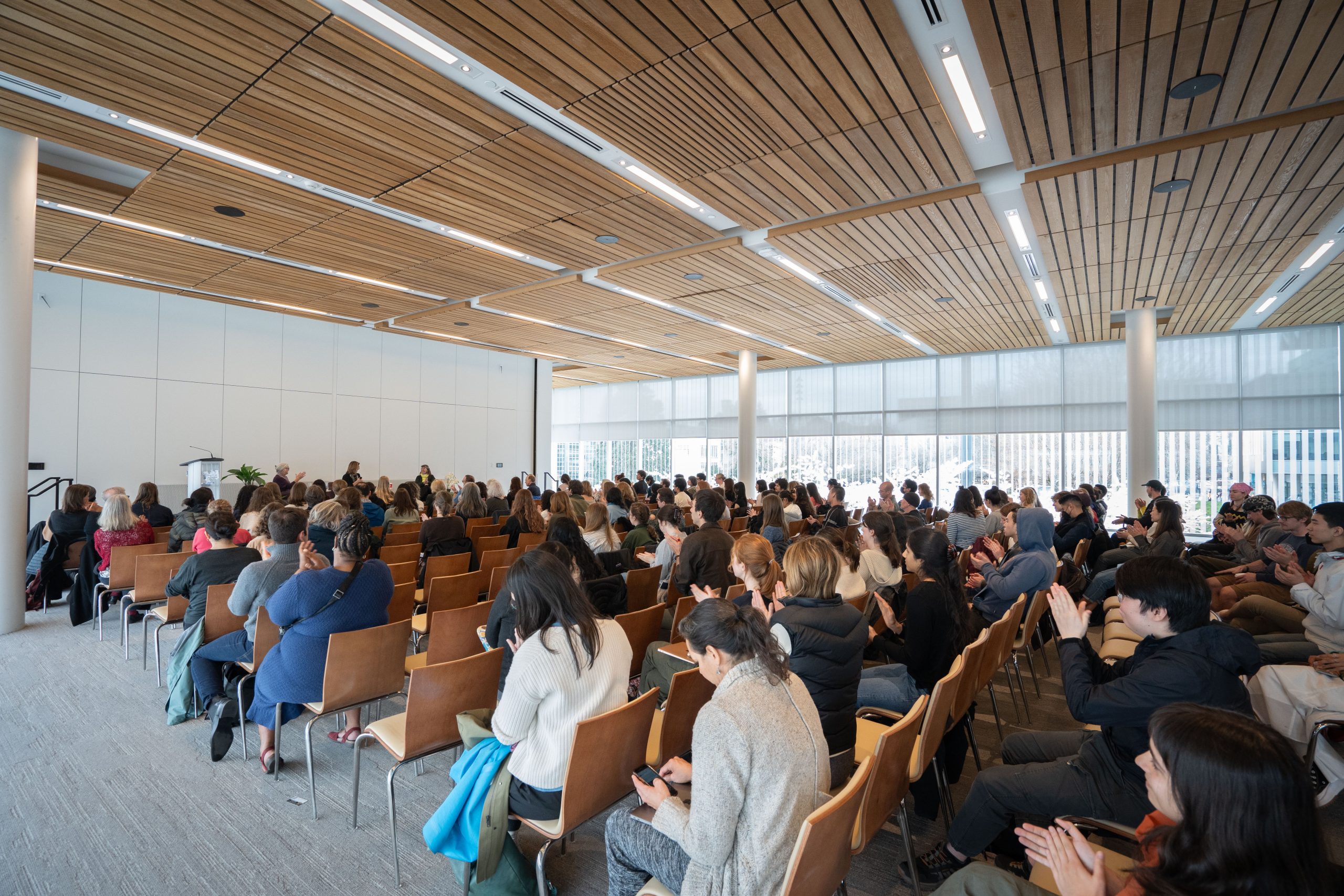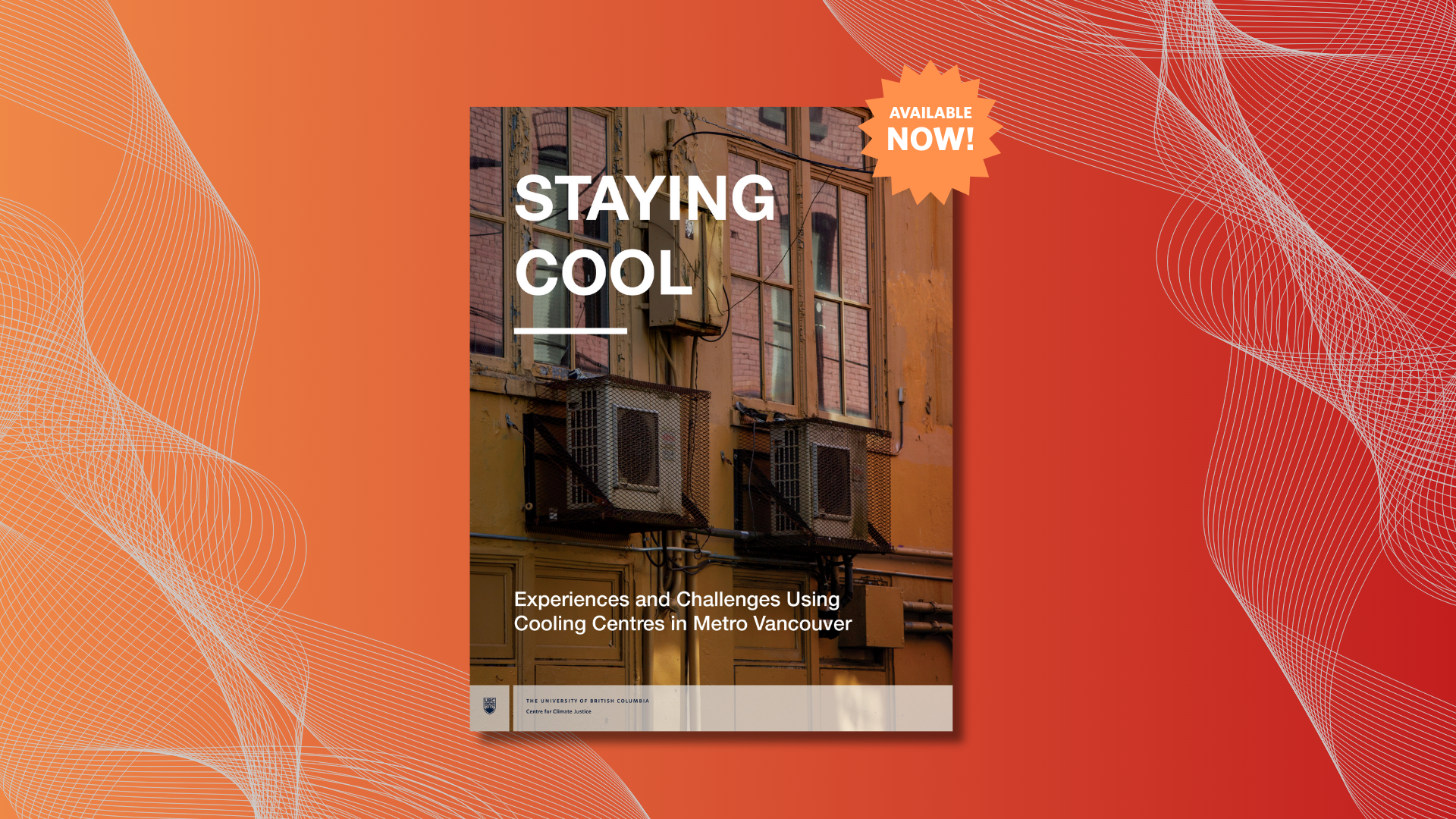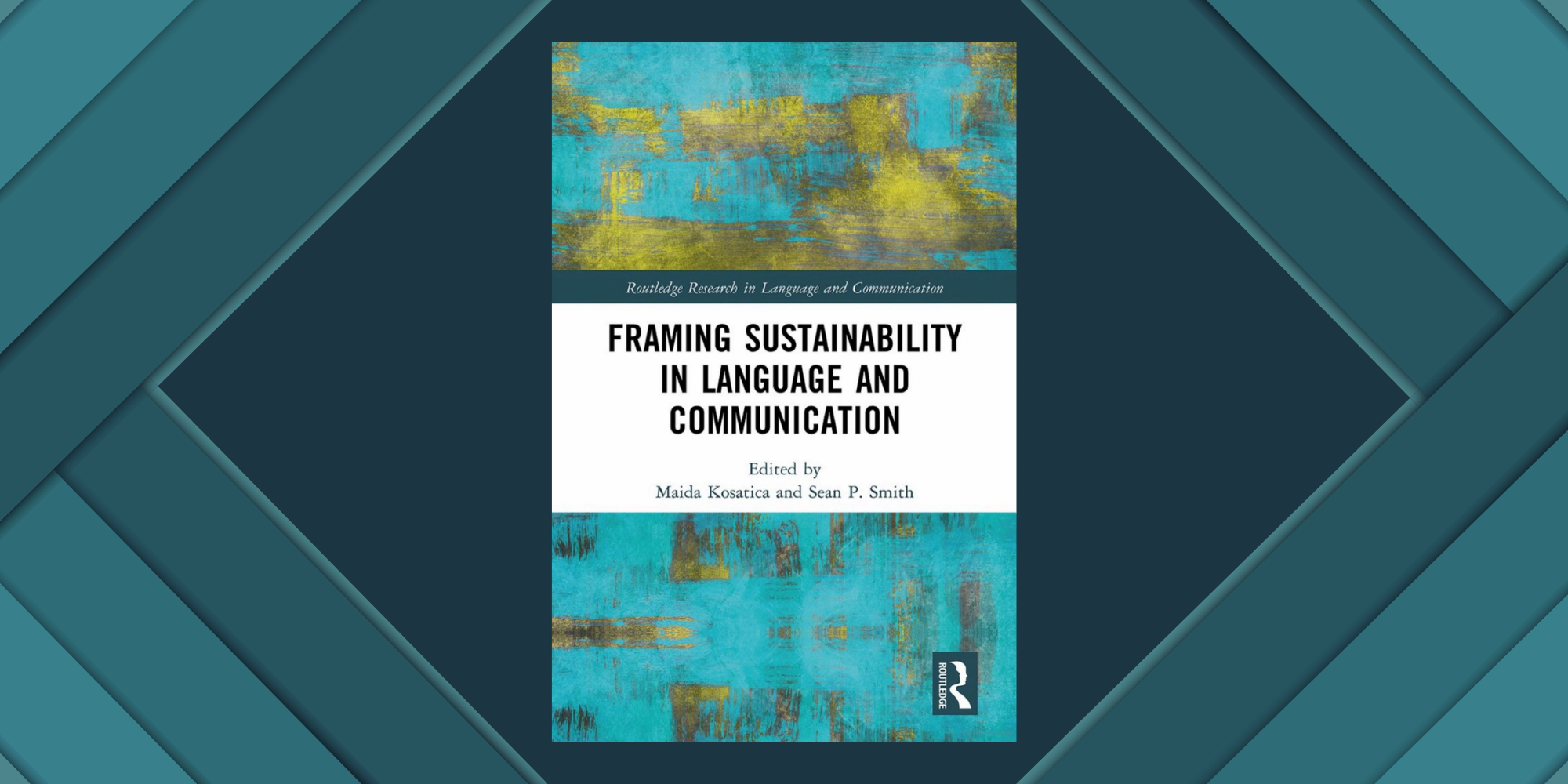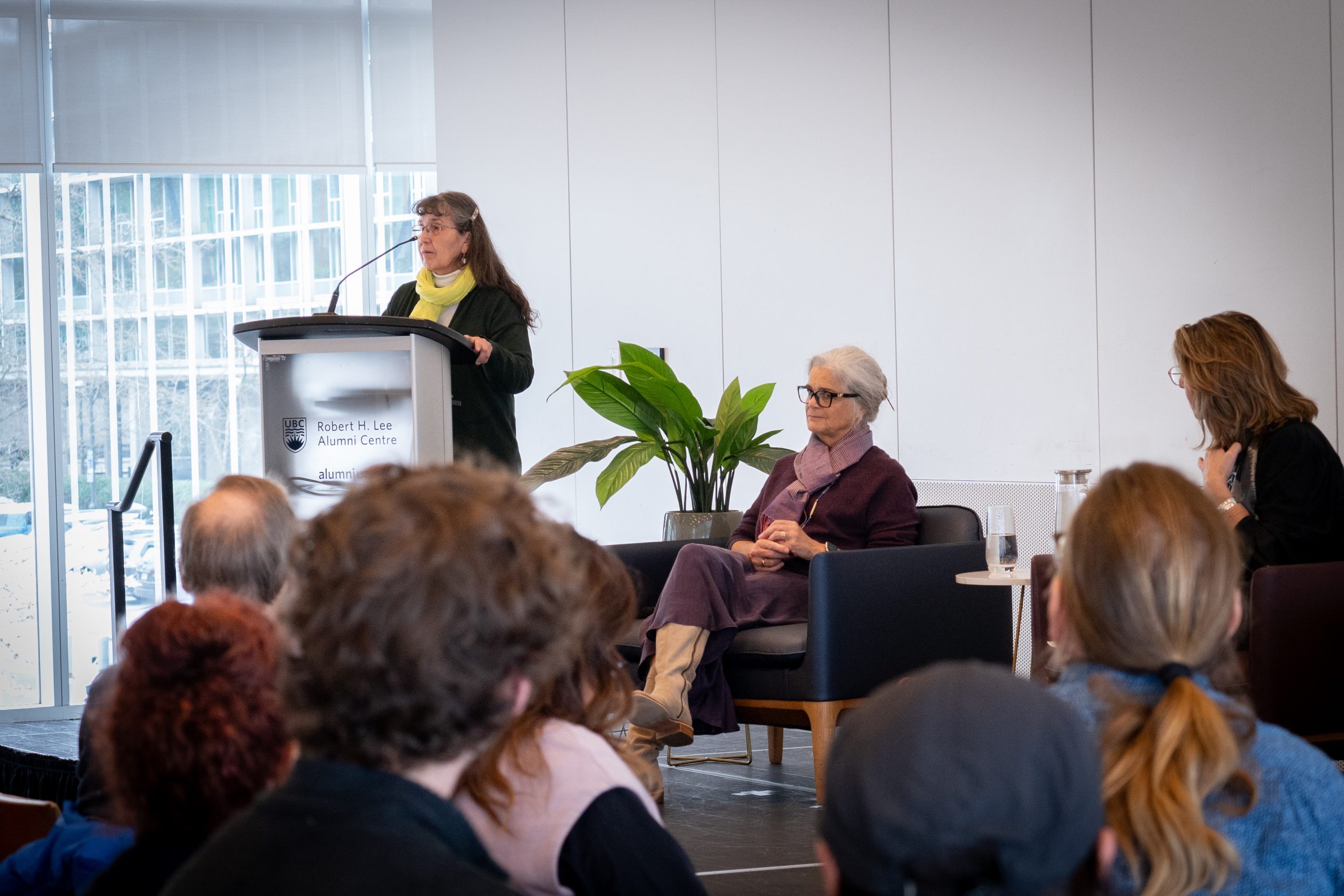

On Monday, the CCJ brought together Drs. Jeannette Armstrong and Christine Winter, alongside our Director of Public Engagement Naomi Klein, to discuss the ways Indigenous knowledge shapes — and ought to shape — climate justice.

Photo Credit: Leslie Kennah








Downtown Kelowna Screening | Photo Credit: Lola Melchior


UBCO Screening | Photo Credit: Lola Melchior

Shaping Climate Justice through Indigenous Knowledge
Moderator: Naomi Klein
- Dr. Jeannette Armstrong – University of British Columbia, Okanagan Campus
- Dr. Christine Winter – University of Otago
- Moderated Discussion and Q&A
Dr. Armstrong is Syilx Okanagan, a fluent speaker and teacher of the Nsyilxcn Okanagan language and a traditional knowledge keeper of the Okanagan Nation. She is a founder of En’owkin, the Okanagan Nsyilxcn language and knowledge institution of higher learning of the Syilx Okanagan Nation, and she currently is Associate Professor and Canada Research Chair in Indigenous Okanagan Philosophy at UBC Okanagan.
In her presentation, Dr. Armstrong discussed the range of ways climate change has impacted many parts of British Columbia and resulted in the continued traumatization of frontline communities through displacement, injury, and loss. And because of the ways communities have experienced climate change, they are the ones that must be “fully engaged in solutions-making about mitigating the harms, about reducing those harms, and about cleaning up after the effects of those harms.”
She asked “how can we hold governments and corporate actors accountable when their actions are controlled from within the comfortable and protected lives that they are expected to keep great?” and proceeded to explain that solutions that work within communities, and for communities, can find different ways to chip away at the main causes of climate change.
Similarly to Armstrong, Dr. Christine Winter agrees that the types of changes we need require fundamental shifts in how we view the underlying causes of climate change, which will assist with addressing the crisis through community-oriented projects — both small and large scale.
Dr. Winter is Senior Lecturer in environmental, climate change, multispecies and indigenous politics at the University of Otago. Her research focuses on the ways in which political theory, and particularly theories of justice, continue to perpetuate injustice for some Peoples (and more specifically for Māori) and the environment. She is currently engaged with decolonial framings for the political theories of multispecies, environmental, climate and planetary justice, the planetary boundaries.
Winter says “climate injustice stems from bad relationships, nation to nation, person to person, person to other earth beings, and the solution cannot be found within a knowledge system that is founded on an individualistic and anthropocentric ontology. In other words, a solution is unlikely to arise from within the same mindset that is at its foundation.”
In part of their discussion with Naomi Klein, both Winter and Armstrong connected key messages from within their presentations to the Land Back movement. While they take different approaches to defining the movement, Christine and Jeannette share a similar understanding of Land Back. It’s all about regaining healthy, respectful, and cooperative relationships — relationships that share power and extend to all parts of the natural world.
The CCJ, in collaboration with UBCO’s Community Service Learning (CSL), also hosted two live screenings of the talk on Syilx Okanagan territory. One screening took place on the UBCO campus and was attended by a hand full of students and faculty. A second screening for community members took place at the Kelowna Unitarians in downtown Kelowna. The room was packed with visitors from all over the Okanagan, who got to enjoy Palestinian food and each others company throughout the talk. Afterwards, two community members facilitated group discussions among the audience members which stretched into the early evening hours. We would like to extend our gratitude to Robyn Bunn from CSL and Kelowna Unitarians for making these screenings possible and to members of Fridays For Future for facilitating the community screening and discussion afterwards.
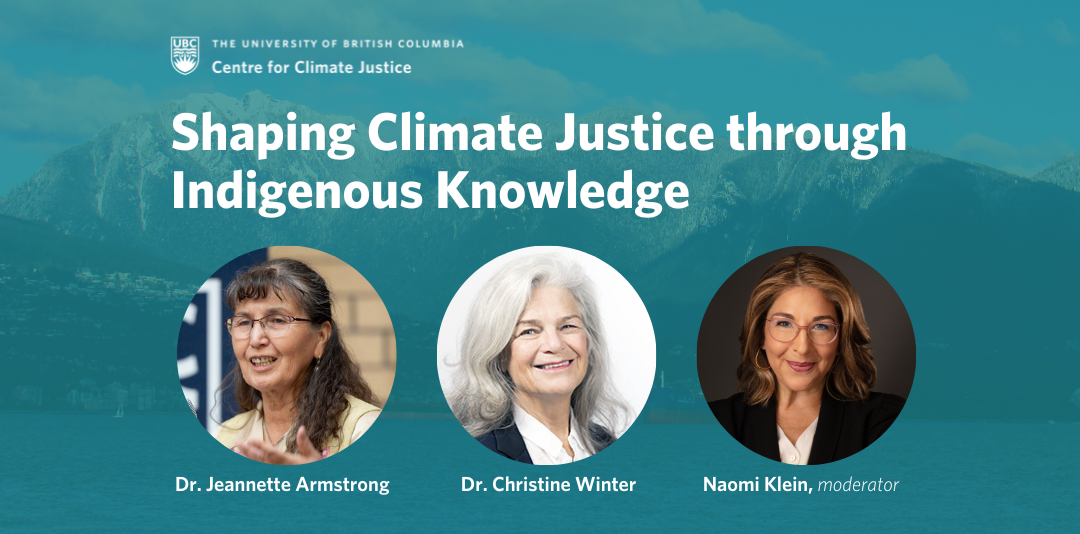

Thank you to Dr. Armstrong and Dr. Winter for sharing your knowledge and stories with us!
A huge thanks to our event co-sponsors: Department of Community, Culture, and Global Studies; Department of Geography; Department of Educational Studies; Institute for Gender, Race, and Social Justice; Institute for Resources, Environment, and Sustainability; X̱wi7x̱wa Library, Centre for Sustainable Food Systems at UBC Farm, The Institute for Critical Indigenous Studies; UBC Sustainability Hub; UBC Climate Hub; and UBC Community Service Learning Program
